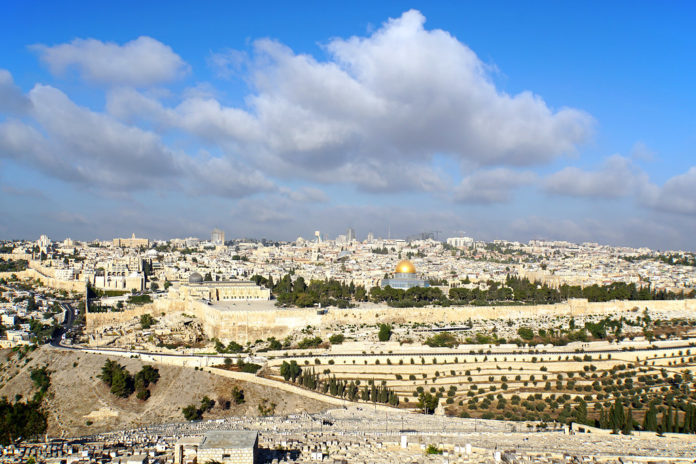
Many years have passed since Jacob and Joseph saw each other last. A lengthy period has separated them.
Finally comes the news that Jacob hardly dreamed of hearing, Od Yosef chai – “Joseph is still alive”.
The question is what Jacob means by the word “alive”.
In a physical sense it obviously indicates that Joseph is not dead. He walks, he stands, he speaks. More than this, he has a high position in the Egyptian government and has made a success of his life.
But there is another dimension to Jacob’s joy. The old father rejoices because Joseph is alive – as a Jew.
He has not dropped his Jewish practices. He has not abandoned his Jewish beliefs. Nothing has succeeded in making a pagan out of him. He remains part of Jewish destiny.
When you read the story you want to weep for Jacob. This is true Jewish joy. But you also know that it could easily have gone the other way. Egyptian civilisation was alluring and tempting but Joseph found the strength to resist and remain himself.
It all happened of course in ancient history, but it is a question for every generation, our generation too.
Shall we all, you and I, be blessed to echo the words of Jacob – or are we scared that we will be the last Jewish generation and our children the lost generation?
Jacob’s life is taking a turn for the better. After years of grief at the disappearance of his beloved Joseph, he learns that his son is indeed alive and is a high official in the Egyptian government.
The father yearns to see his son; the son yearns to see his father. But Joseph cannot leave his post, and for an old man like Jacob the thought of a difficult journey can hardly be contemplated. Only when God promises to go down to Egypt with him and to come up again does he agree to the journey and to believe that he will survive the difficulties (Gen. 46:4).
Reading the story so many centuries later we know how often a person is full of trepidation at a journey or great undertaking. The thought that God will be with us is an immense support.
Here, however, we wonder why the Almighty uses the phrase, “I will go down with you”. He is not likely to be talking geography. Though parts of Eretz Yisra’el are hilly, the physical difference between the geographical structures of the two countries is hardly going to be the problem, either for Jacob or for God.
The choice of words has more to do with spirituality than geography. For God, for Judaism, for Jacob, for any Jew, going to Israel is to go up (Aliyah); leaving Israel is to go down (Yeridah).
We can criticise Israel as much as we like, though at times such as these when the United Nations, the media and the public are so antagonistic, Jews should not give the critics any comfort. Edmond Fleg, in a notable book which deserves re-publication, called Israel, “The Land Where God Dwells”. Israel is indeed the land which has the Divine blessing above all other lands.
It is the site of millennia of communion with the Divine. It is there that the prophets lived, dreamed, wrote and spoke. It is there that the Jewish people were formed, where they concentrated their hopes, prayers, tears and laughter.
The land has a spirit of chessed – lovingkindness – that is unique and inspiring. The Torah literally comes out of Zion and the word of the Lord from Jerusalem. Especially in the Holy City, even the supposed secularist has a religious heart.









